Indulging in German chocolate is a treat for the senses, offering rich flavors and a smooth texture that is hard to resist. From the bustling markets of Berlin to quaint shops in smaller towns, Germany boasts a deep tradition of chocolate-making, celebrated worldwide for its quality and craftsmanship. Brands such as Ritter Sport, Milka, and Lindt are often associated with this sweet delicacy, each offering unique takes on classic German chocolate flavors. Curious about what sets these brands apart and what other delectable options are available? Read on to discover the best brands for German chocolate.
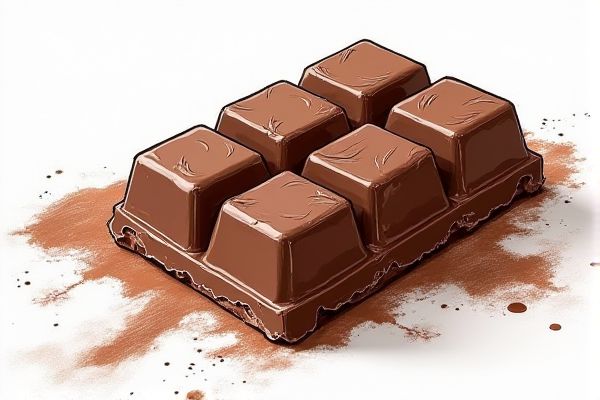
Illustration of german chocolate
Best brands of german chocolate in 2025
Ritter Sport
Ritter Sport, a renowned German chocolate brand, has been a staple in the confectionery industry since its founding in 1912 by Clara and Alfred Ritter. Known for its square-shaped chocolate bars, Ritter Sport offers a variety of flavors, including the popular Knusperflake (crispy flake) and Ganze Nuss (whole nut), which account for a significant portion of their sales. The company is celebrated for its high-quality ingredients and innovative production methods, ensuring that each bar contains at least 35% cocoa solids. Ritter Sport has maintained a strong market presence, with over 100 million bars sold annually. The brand's commitment to sustainability and fair trade practices has also garnered widespread appreciation. Discover more about their delightful chocolate creations.
Milka
Milka is one of the most beloved and recognizable chocolate brands in Germany, boasting a brand awareness of 97% among chocolate and candy bar eaters. The brand, known for its unique lilac-colored packaging and the iconic Milka cow, Lila, has been a favorite since its introduction in 1901. Milka enjoys a high usage share, with 55% of German chocolate consumers using the brand, and a significant loyalty rate, where 89% of its customers are likely to use Milka again. The brand's popularity is further highlighted by 60% of German chocolate consumers expressing their liking for Milka. With over 100 years of history, Milka has successfully established itself as a credible and authoritative brand in the German chocolate market. For more information about Milka and their wide range of products, visit their official website.
Lindt & Sprüngli
Lindt & Sprungli is a leading producer in the German chocolate market, achieving a 6.1% organic sales growth to EUR 734 million in 2022, solidifying its position as the number one brand in the chocolate bar market and second in the pralines sector. The brand's success is driven by strong sales of products like Lindor, Excellence, and seasonal items such as the Gold Bunny and Lindt Teddy. In a moderately consolidated market, Lindt & Sprungli is among the top five companies, occupying a significant share. The brand's expansion in Germany is also supported by a return to bricks-and-mortar retail and increased online market share. This growth underscores Lindt & Sprungli's dominance in the highly competitive European chocolate markets. For a detailed insight into their market presence, you can visit their annual report on the European markets.
Niederegger
Niederegger, founded in 1806 by Johann Georg Niederegger, is a renowned German brand specializing in high-quality marzipan and sweets. Based in Lubeck, Germany, Niederegger is celebrated for its 100% marzipan products, which have been a favorite among royalty and ordinary people alike since the 19th century. The company, a family-owned limited private partnership, contributes to the moderately consolidated German chocolate market, where the top five companies hold 54.76% of the market share. Niederegger's products are available at Cafe Niederegger in Lubeck, a historic site that has been associated with marzipan sales since the 12th century. This brand is part of the diverse and rich tradition of German confectionery, known for its high-quality ingredients and unique flavors. For more information, visit their official webpage on GermanDeliStore.
Hachez
Hachez, based in Bremen, Germany, is one of the country's leading chocolate manufacturers, second only to Lindt. Founded in 1890 by Joseph Emile Hachez, the company is known for its high-quality chocolates, with brand awareness at 50% among German chocolate and candy bar consumers. Hachez products, which include varieties with 55.5%, 77%, and 88% cocoa solids, are appreciated by 15% of German chocolate consumers who like the brand. The company's chocolates are crafted with meticulous care, involving a conching process that lasts up to 72 hours. Hachez's customer loyalty is notable, with 63% of its users likely to use the brand again. For more detailed insights, explore the Hachez chocolate brand profile.
Stollwerck
Stollwerck, one of Germany's largest chocolate manufacturers, generates about 70% of its sales in Germany, a market where it holds a significant 13.5% market share. The company, known for brands like Sarotti, Sprengel, Gubor, Alpia, and Stollwerck, operates eight production plants in Germany, Belgium, and Switzerland. Stollwerck also produces chocolate products for private labels, including Germany's number one food discounter, Aldi. Despite historical financial challenges, the company rebounded strongly after World War II and continues to be a major player in the German chocolate industry. Currently, Stollwerck is owned by the Swiss cocoa empire Barry Callebaut AG. For more detailed information about Stollwerck's history and operations, visit their dedicated page.
Halloren
Halloren Schokoladenfabrik AG is a renowned German chocolate manufacturer, particularly celebrated for its Halloren Kugeln, a specialty treat enjoyed throughout eastern Germany with a 98% distribution rate in the region. The company has experienced significant growth, seeing a 16% sales increase in 2008 to EUR38.5 million, and a 13% increase in 2011 to EUR70 million, marking six consecutive years of double-digit sales growth. Halloren operates through several segments, including the Halloren Brand, Chocolaterie, Confiserie, and Industrial Production, offering over 180 chocolate products. The company has invested heavily in technology, such as the Chocotech Frozenshell line, to enhance efficiency and product development. With a strong commitment to heritage and innovation, Halloren continues to expand its market presence. For more information, visit their website: Halloren Schokoladenfabrik AG.
Sarotti
Sarotti is a renowned German chocolate brand, known for its high brand awareness of 74% among chocolate eaters in Germany. Owned by Stollwerck GmbH since 1998, Sarotti has a significant presence in the German market, with 12% of chocolate eaters using the brand and 75% of its customers showing loyalty. The brand is particularly popular, with 22% of German chocolate eaters expressing a liking for Sarotti. Historically, Sarotti has been a major player, with its iconic Sarotti-Mohr figure created in 1918. Despite some controversies, the brand remains a staple in German chocolate culture.
Rausch
Rausch Schokoladen GmbH is a premier German chocolate producer, renowned for its high-quality, single-origin fine-flavored chocolates, with cocoa contents ranging from 35% to 75%. Founded in 1918, the company is now run by the fifth generation of the Rausch family and operates the world's largest chocolate shop in Berlin. Rausch sources its fine-flavored cocoas directly from farmers, ensuring unique and aromatic flavors from countries like Grenada, Trinidad, Costa Rica, and Madagascar. The company has produced over 15 million heart-shaped chocolates annually for Air Berlin and exports to over 30 countries. Rausch's commitment to sustainability includes using green electricity, solar energy, and environmentally friendly packaging.
Heilemann
Heilemann, a premium chocolatier from Bavaria, Germany, is renowned for producing extremely fine luxury chocolates, exquisite pralines, and lovingly designed chocolate figures, all made with traditional recipes and great care. The company's success story began over 60 years ago when master confectioner Karl Heilemann started making pralines by hand in a small shop in Memmingen. Due to increasing demand, Heilemann expanded its production site in 2007, enabling larger and more efficient production. While specific market share percentages are not provided, Heilemann's products are highly regarded in the German chocolate market, which itself is a significant sector, with Germany being the world's largest exporter of chocolate products, exporting over 950,000 tonnes in 2021. Heilemann's commitment to quality and tradition aligns with the growing demand for high-quality and sustainably produced chocolate in Germany. For more information about their premium chocolate offerings, visit the Confiserie Heilemann website.










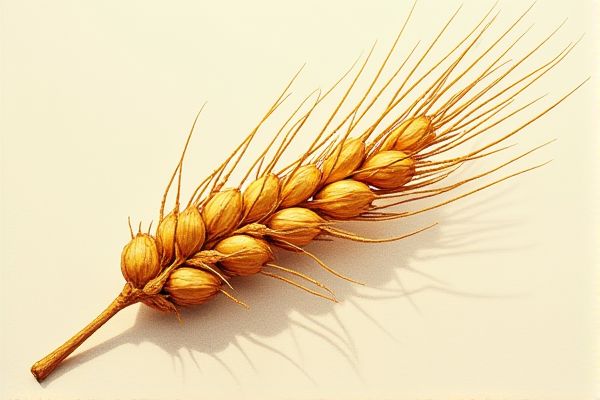
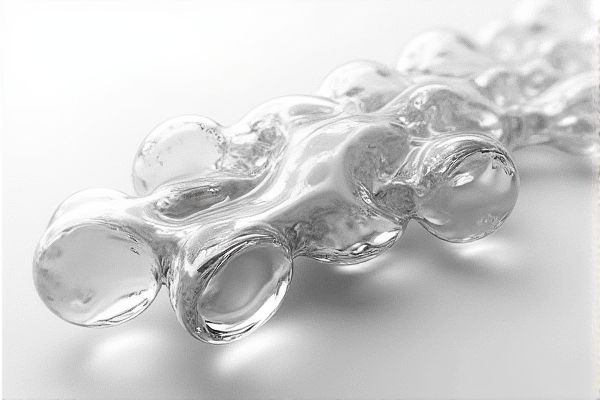
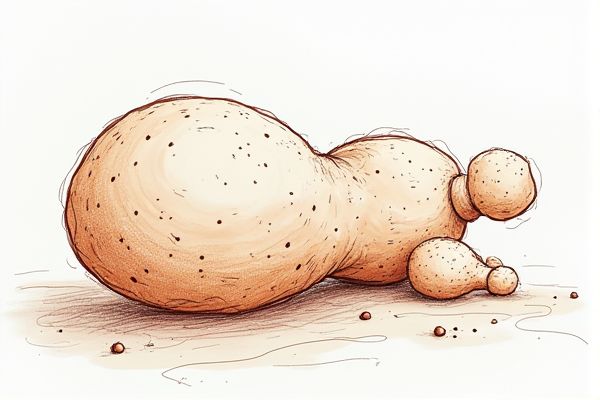
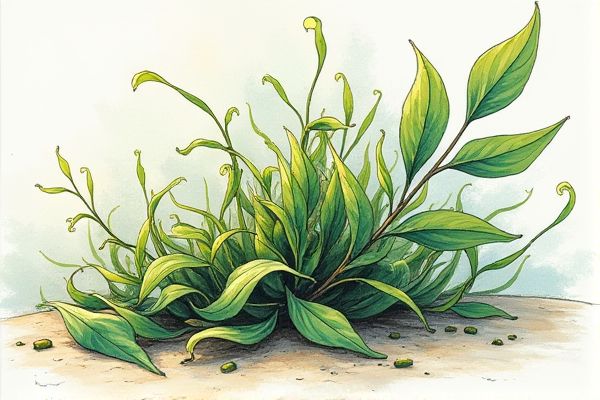
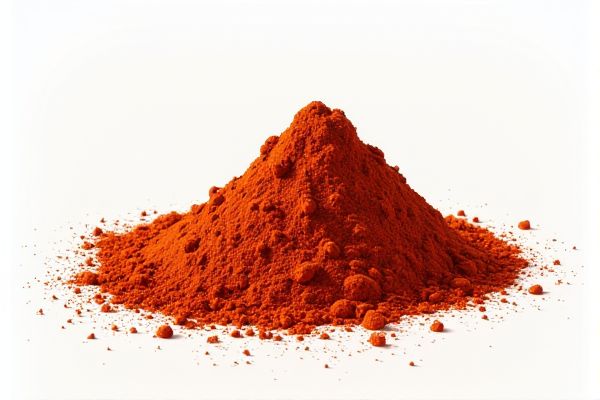
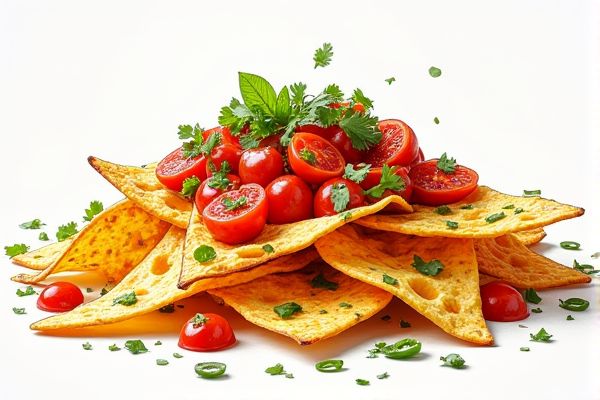
Leave a Reply
Your email address will not be published.